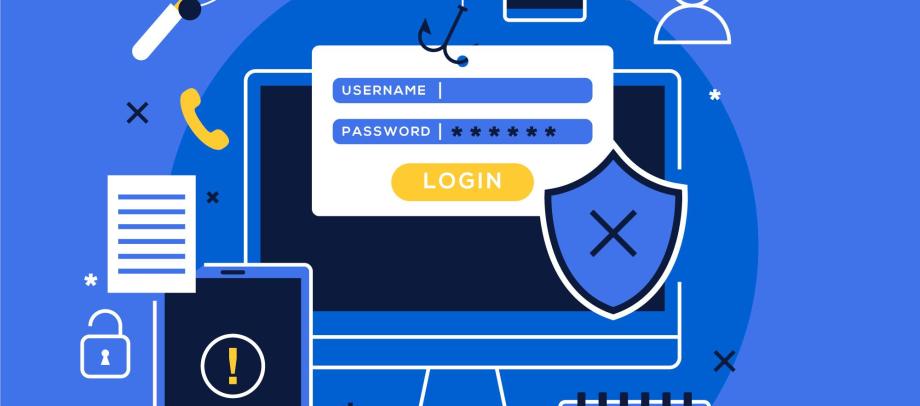
While making a phone call may seem harmless, you should always consider who's on the other end of the line. Cybercriminals can use callback phishing scams to trick you into calling them directly. Once you’re on the phone, cybercriminals will ask you to share sensitive information or grant them access to your device.
In one scam, cybercriminals send you an email that says you’ve subscribed to a service with automatic payments. The email also includes a phone number that you can call if you have any questions. When you call the phone number, the cybercriminals will ask for remote access to your desktop so that they can cancel the subscription for you.
If you grant remote access, the cybercriminals will attempt to change your permissions so they can access your desktop later. Then, they can use ransomware to lock you out of your desktop and threaten to release your personal information unless you meet their demands.
Don’t fall for these types of scams! Follow the tips below to stay safe:
- Cybercriminals often use fake invoices to trick you into clicking or calling impulsively. Always think before you take action!
- Never call a phone number provided in a suspicious email. Instead, visit the organization’s official website from your browser to find their contact information.
- Never grant remote desktop access to any unverified agents or organizations. In most cases, legitimate support representatives will be able to solve your problem over the phone or via email.

